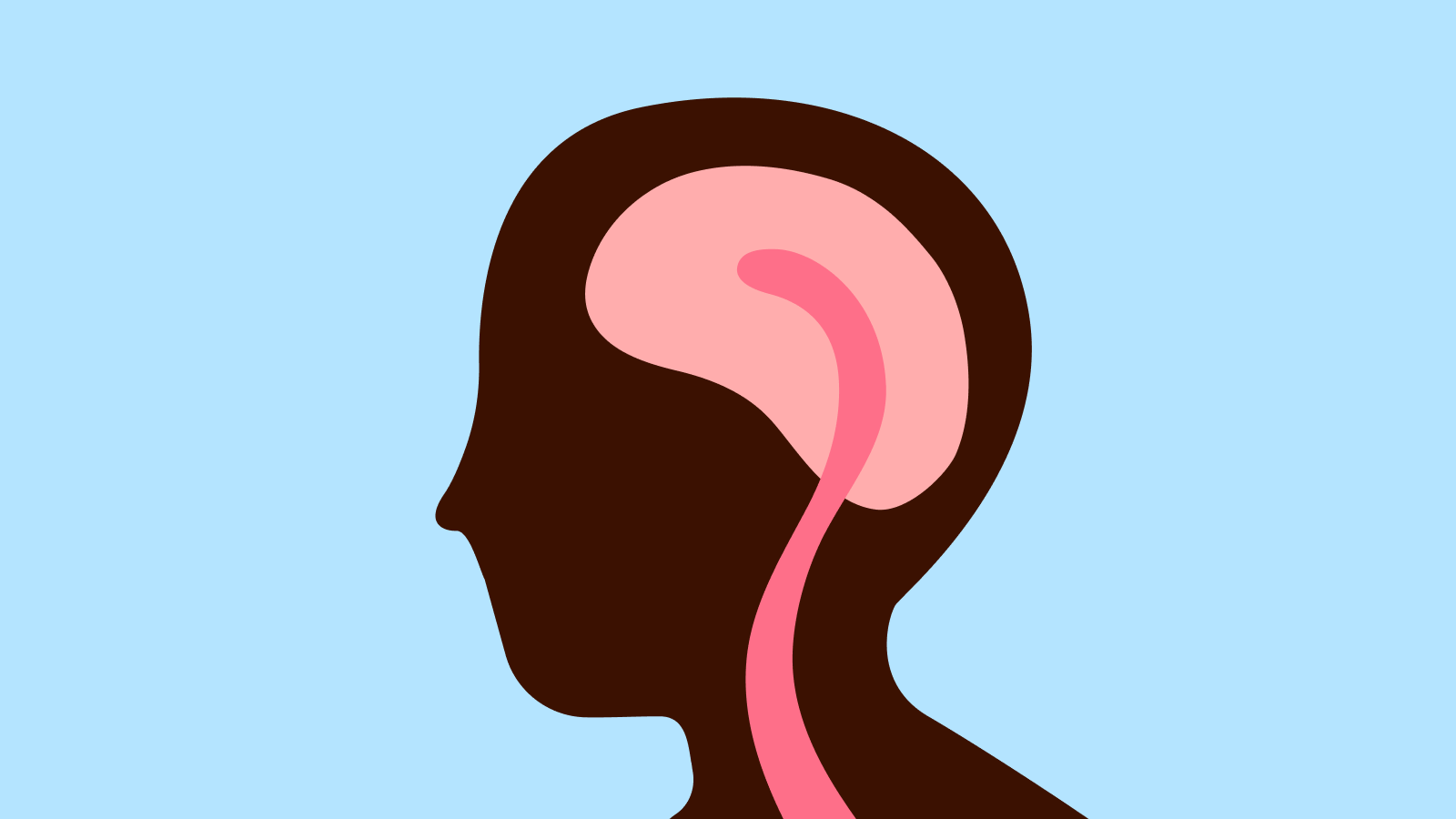Ever walked into a room and forgotten what you’ve come in for? Or turned your house upside down when you’ve misplaced your keys? Everyone experiences memory lapses from time to time.
Although memory loss can occur at any age, forgetfulness and finding it harder to recall and learn information is a fairly common part of ageing, due to the changing function and structure of the brain. Research suggests cognitive decline can start as early as 45.
But some aspects of memory loss are due to other causes, including anxiety, depression or stress, lack of sleep, certain medications or nutritional deficiencies. Sometimes, it may be due to a more serious condition, like dementia.
The good news is that there are ways to sharpen your memory. Read on to discover how.
1. Play brain games and learn new things
When it comes to brain health, research suggests that engaging in mentally stimulating activities is important in preventing memory loss and keeping your mind sharp.
Challenging your brain and learning new skills can help stimulate changes in your brain, including the formation of new connections between your neurons (nerve cells). This is also known as neuroplasticity.
Protect your brain by regularly engaging in mental activities, known as brain training. Do a crossword puzzle, put together a jigsaw or play Sudoku. There’s evidence to suggest brain-training games can reduce the risk of dementia. One also found that learning a new language can slow down age-related changes in the brain.
2. Stay physically active
It’s no secret that staying physically active is beneficial for your body, but research shows that regular exercise can also keep your brain young by boosting levels of useful proteins. Known as synaptic proteins, these help the brain to function effectively and protect against cognitive decline.
One study also found that aerobic exercise increases the size of some areas of the hippocampus, which is a part of the brain involved in learning and memory formation. Another study found that doing moderate exercise several times a week for 45 minutes was the best way to prevent cognitive decline in those aged over 50.
Find a type of exercise you enjoy – whether that’s walking instead of driving or engaging in hobbies that demand movement, like gardening or dancing – and try to fit it regularly into your routine.
3. Load up on foods containing omega-3
Eating a healthy diet not only reduces your risk of developing conditions like heart disease and diabetes, but it can also help to keep your memory sharp and prevent cognitive decline. There’s mounting evidence supporting the link between our diet and brain function.
If you’re looking to eliminate brain fog, improve your memory and prevent cognitive decline, try to include foods containing omega-3 fatty acids in your diet. Foods containing omega-3s, like salmon, tuna and other fish, contain docosahexaenoic acid (DHA) and eicosapentaenoic acid (EPA), which are vital for brain development and function throughout all stages of life.
4. Dedicate some time to daily meditation
As well as relieving stress, mediation has also been found to improve memory and even increase your grey matter, which refers to areas throughout the brain where nerve cells (known as neurons) are concentrated.
One 18-year analysis of a Buddhist monk’s mind found that daily, intensive meditation slowed the monk’s brain ageing by as much as 8 years compared to those who didn’t practise it.
The good news is that you don’t have to have the discipline of a Buddhist monk to feel the benefits, because it’s something everyone can do. Try a short 5-minute guided meditation during the day or before bed to help you relax.
5. Aim to get a good night’s sleep each night
Sleep plays an essential role in memory consolidation through the strengthening of the brain’s neural connections – while a lack of sleep negatively impacts your memory.
Research even suggests that undisturbed rest – where you do nothing for 10-15 minutes – could significantly improve your memory.
Create a relaxing evening routine to help you fall asleep, and aim to get around 7 or 8 hours of shut-eye each night.
6. Make ties with family and friends a priority
Taking part in social activities and connecting with others can improve your memory, while social isolation and loneliness can impair brain cognition and function.
One study found that people with a busier social life have more volume in the amygdala region of the brain, which helps to form memories.
As you get older, stay connected with friends and family and make social networks a priority. Join a class or club based on your interests and engage in the community.
When should I speak to a doctor?
If your memory is affecting your day-to-day life or you’re feeling concerned, make an appointment to speak to a doctor. You should also see a doctor if:
- You’re getting more forgetful
- You have difficulty concentrating and feel confused
- You struggle to find the right words or follow a conversation
- You’re experiencing mood changes
This article was medically reviewed by Dr Bryony Henderson, Lead GP at Livi.


